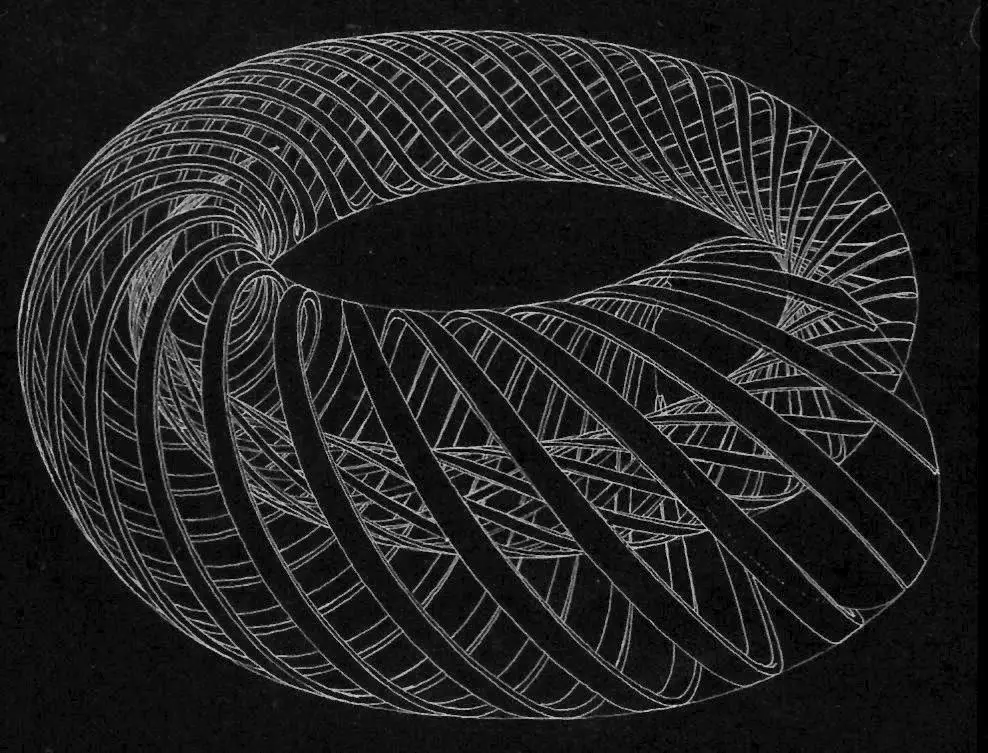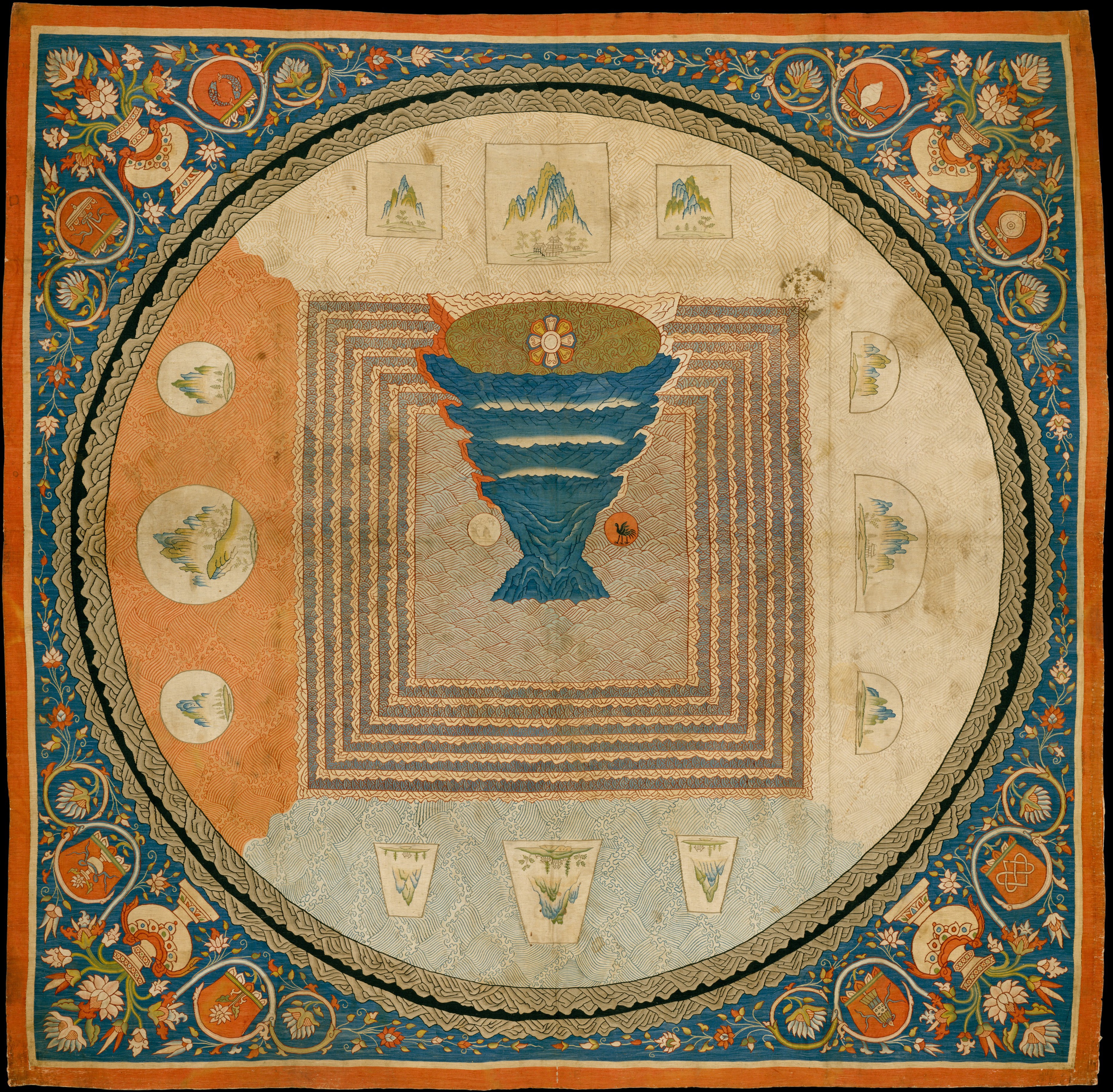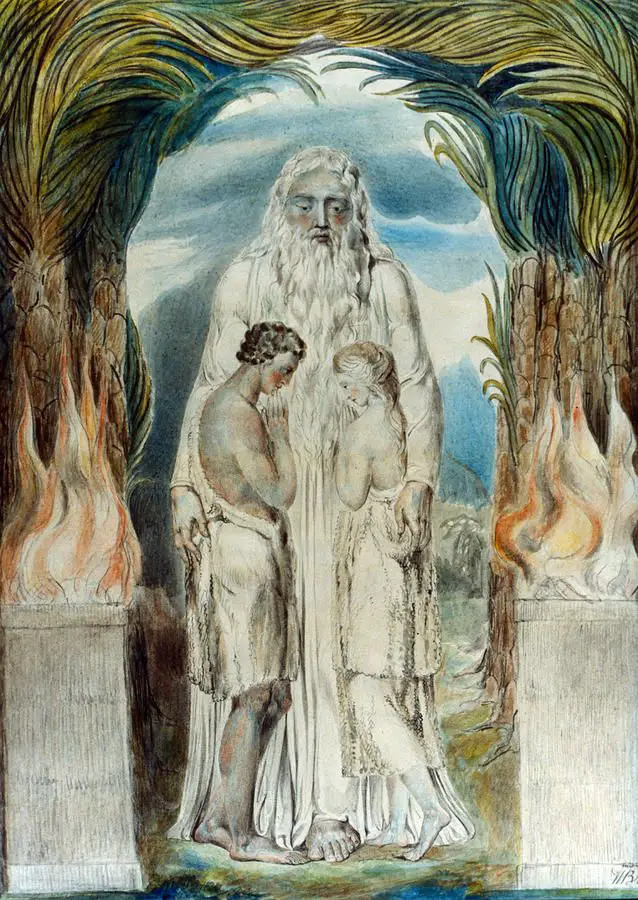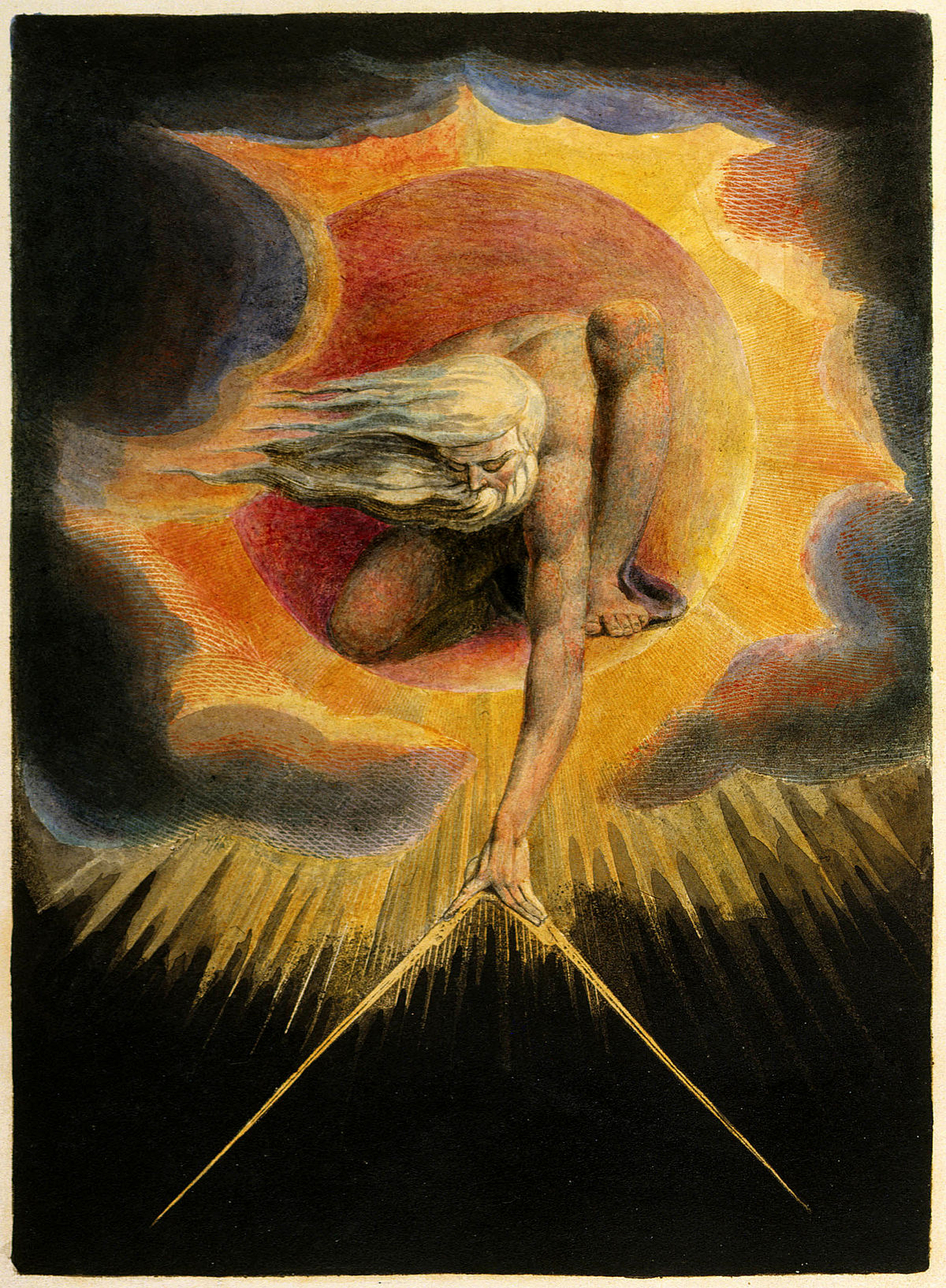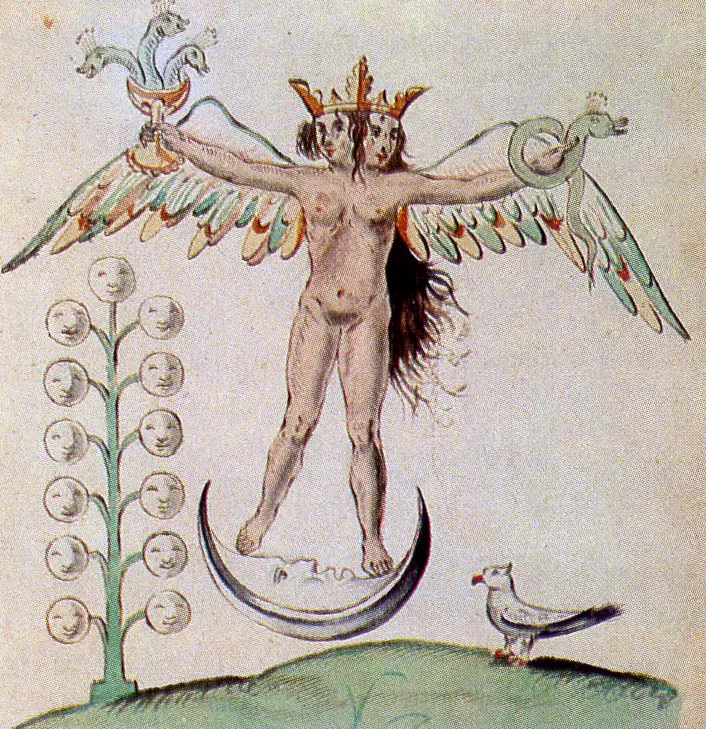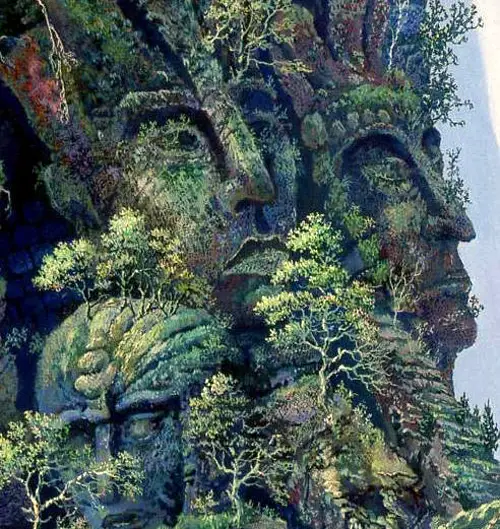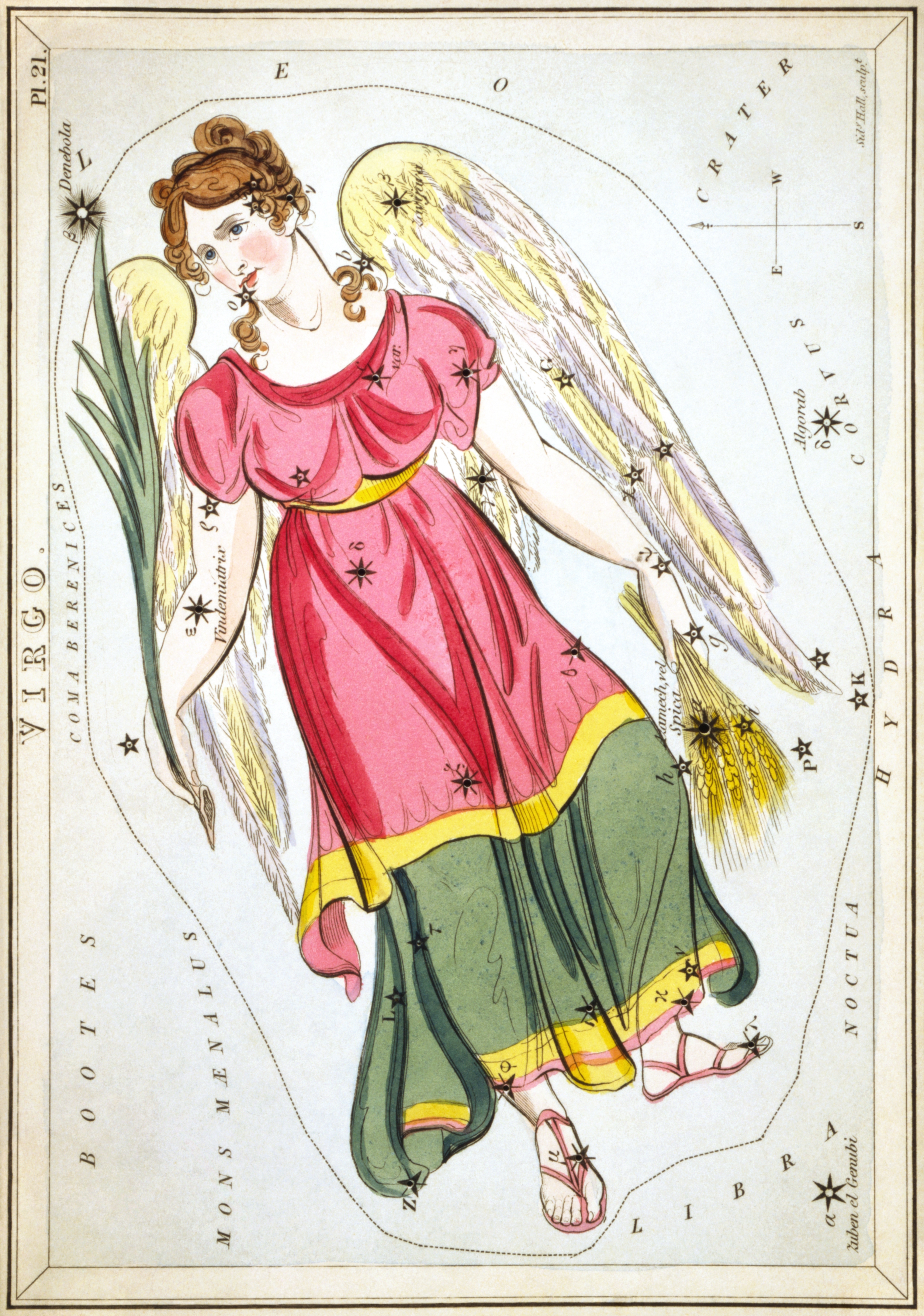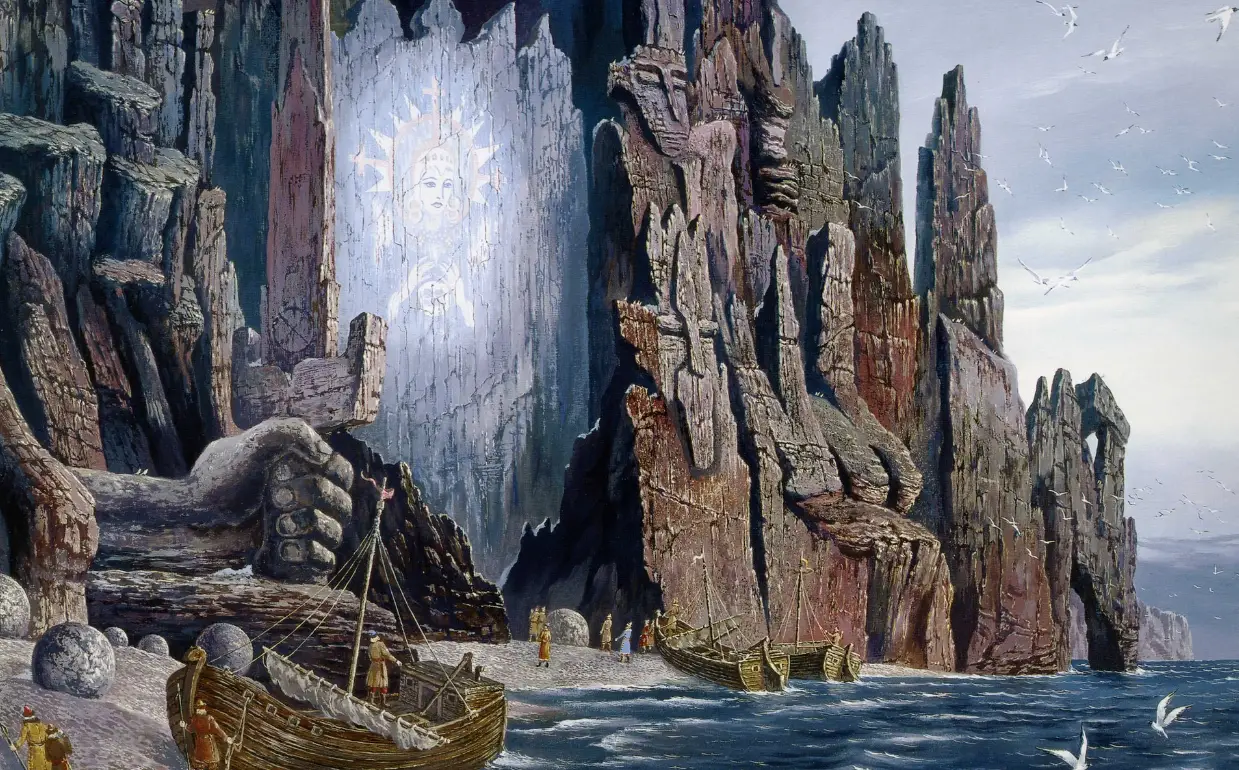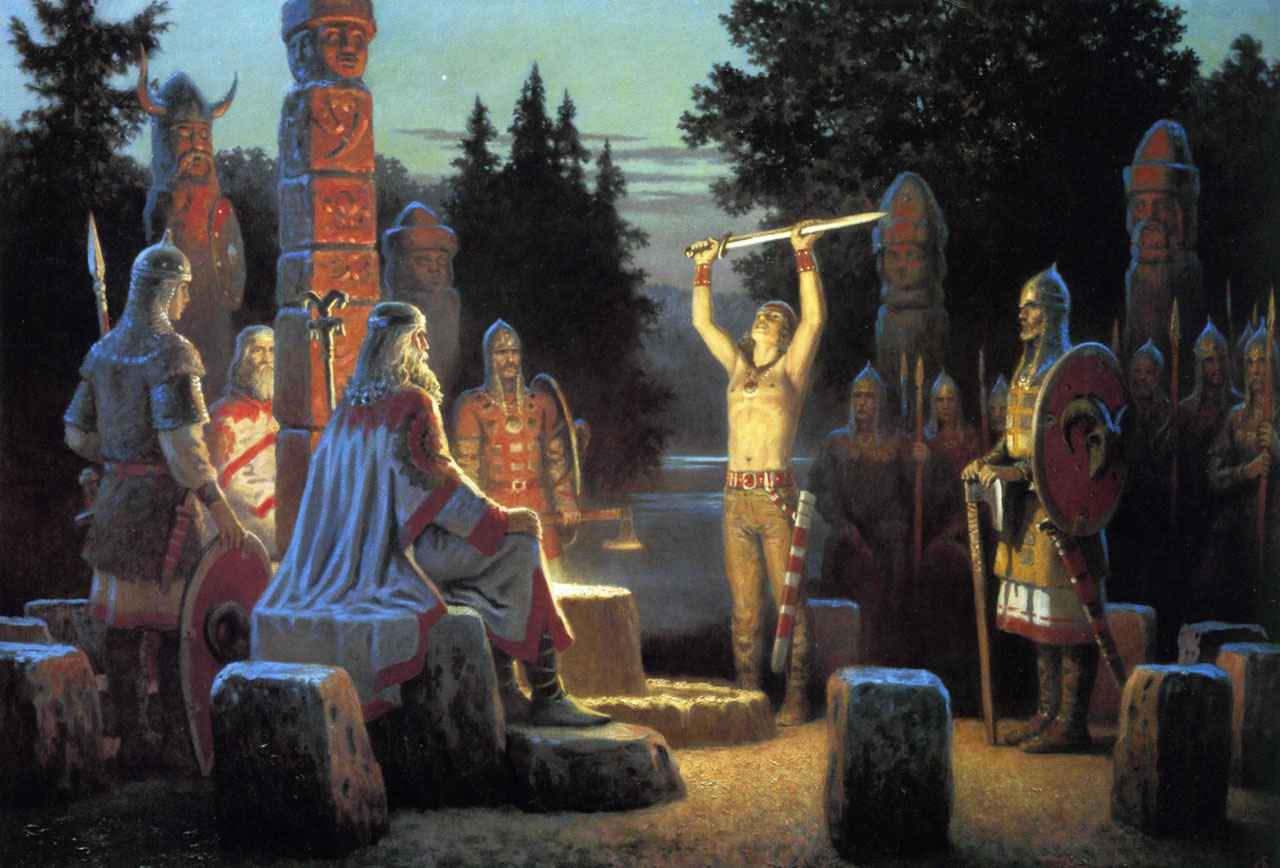Tag: manvantara
Uttara Kuru, the Boreal Paradise in Indian cosmography and art
Giuseppe Acerbi examines the theme of the Boreal Paradise in the Hindu tradition, framing it in the doctrine of cosmic cycles and highlighting its correspondences with the Hesiodic and Platonic tradition, finally analyzing the symbolisms that are found in the artistic representations of this locus amoenus.
The Second Half of the Paradise Age: Some Preliminary Concepts
In this new appointment of the "Manvantara" cycle we pass to analyze the passage between the first Great Year and the second and, consequently, the 'fall' in form and time and the separation of the two principles male (Adam) and female (Eve) .
The Demiurge and the positive possibility: shaping
In this fifth appointment of the "Manvantara" cycle we are going to analyze, after the "negative way of the Demiurge" outlined in the previous article, the specular "positive way": the shaping of man or anthropogenesis.
The Pole, the incorporation, the Androgyne
The mythical traditions from all over the world speak of an auroral golden age in which Man lived "in the company of the gods": this can perhaps be related to creation "in the image and likeness of God" and to tradition of the Platonic primordial Androgynous, homologue of the kabbalistic Adam Kadmon?
The Eternal Man and the Cosmic Cycles
The specificity of man between evolutionary hypothesis and involutionary perspective: immersed in the cycles of the Cosmos, yet perennially equal to himself.
The end of the primordial age and the "Fall of Man"
Notes of a mythical-traditional nature on the esoteric history of humanity in the present Manvantara: from the Golden Age to the "Fall", from the "Sleep of Adam" to the "Original Sin", from the tripartition Adam-Eve-Lilith to the revolt of the Bear against the Boar.
The astronomical significance of the Golden Age: Astrea and the "fall" of Phaeton
di Andrew Casella
cover: Sidney Hall, representation of the Virgo constellation, taken from "Urania's Mirror", 1825)
(follows from Stellar symbolism and solar symbolism)
All the peoples of the world sang of a mythical "first time" of abundance, in which the gods walked the earth and all things were in harmony. The myth of the Golden Age fascinated poets from remote antiquity to the times of the Renaissance. Basically, it was believed to be a time of material wonders, in which the bodily well-being of men was guaranteed by the natural and infinite flow of milk and honey. But are things really as the poets sang? What was the Golden Age really? The poets themselves, on the other hand, have preserved (consciously or not) some revelatory clues to the mystery, which refer, once again, to the celestial vault.
Arctic homeland or "Mother Africa"?
di Michael Ruzzai
cover: Vsevolod Ivanov
Summary of the conference held on Friday 24 February 2017 at Trieste.
After the previous meeting on "The ancient roots of the Indo-Europeans"Of 27/1/2017 also this, which took place thanks to the organization of Daniele Kirchmayer, was introduced by the useful and interesting notes of Fabio Calabrese, who provided a first overview of the issues in question, insisting in particular on strong conformism, ideologically oriented, of current prehistoric research. In fact, as a starting point for the conference, we can certainly say that today the academic world, and also the popular one aimed at a wider audience, is based on two assumptions that tend to present themselves as real "dogmas "Of faith, in truth anything but demonstrated: the" ascending "evolutionism in a more general biological perspective, and the Afrocentrism of human origins in that more specifically concerning our species, Homo Sapiens. We will begin by exposing some points of criticism to these two conceptual a priori and then we will move on to illustrate the more properly constructive elements of the discourse.

